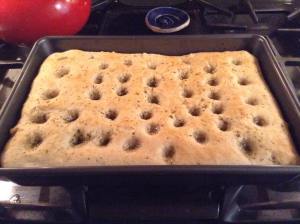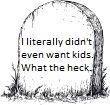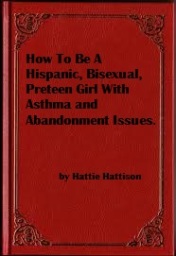Tonight, I was kneading some bread dough, and it was just such a simple and pleasant thing to be doing. All of a sudden, I was overwhelmed with this feeling, like my chest was swelling and I was dizzy. For no particular reason at all, I was struck by where I’ve been and where I am.
My throat aches because I’m thinking about the people in my life and the things I’ve been able to do. I’m amazed that Shirley, the light of my life, has been with me for a decade and will be for all of the decades coming. I’m amazed that Benjamin is so smart and talented, that we both made it, and he’s going to college in about a month. I’m amazed that I have a partner and a group of friends who are all so wonderful and impressive as people, and who make me feel supported and loved. I’m amazed that I have family who I know are rooting for me, including biological family and family that stuck with me just because they’re good, generous people and we love each other. I’m amazed that there are people through work and school who have helped me and encouraged me so that I have work that I am honestly proud of, from poems and stories and scripts, to a class I taught and presentations I’ve given and awards I’ve won (if it sounds like I’m bragging, I am). I’m amazed that I’ve met so many cool people who I could go on adventures with, whether it was exploring abandoned places, playing spooky games, talking at the bar about nonsense, cooking out, or whatever. Every single one of you are so important.
There was a time when I wanted to die. I tried to make it happen. I was trapped, and I thought that life was going to go a certain way for me. I used to wake up and the first thing I felt was a weight on my chest that was the burden of making it through one more day and knowing that there was another one that would follow. Most of the time, I was tuned out, just trying to get through whatever was going on. Now, even when it’s hard to get out of bed, I know that there are still things to look forward to. I don’t want to die. It has only been in the past few years that I actually started feeling scared of dying and missing out on more time here with all of you.
There are a lot of days where I feel grey and muted. More often than I’d like, I have a very hard time feeling present. Sometimes I have to get away from everyone and hold onto something solid until everything feels real and safe again. Sometimes I feel so blank-slate that I can’t even pick out clothes or taste my food. But every now and again, I get a day like this. Life feels hopeful and furnished (not sure if that’s a fitting word, but it feels good to me). I know I won’t always feel this way, so I want to make a kind of record that I do right now. I know that there are still hard times coming. Crappy things are going to happen, but I can deal with them now. I know that all of the good things in my life won’t keep me from feeling like existential mashed potatoes for a good chunk of the time, but I am thankful for them no matter what.
If I die (condition of mortality still inconclusive), I want my loved ones to know that I was really happy. No matter how it happens or what crud I’ve been through in my life, I have been really happy with how everything turned out. I hope you all have a lot of days like this.









